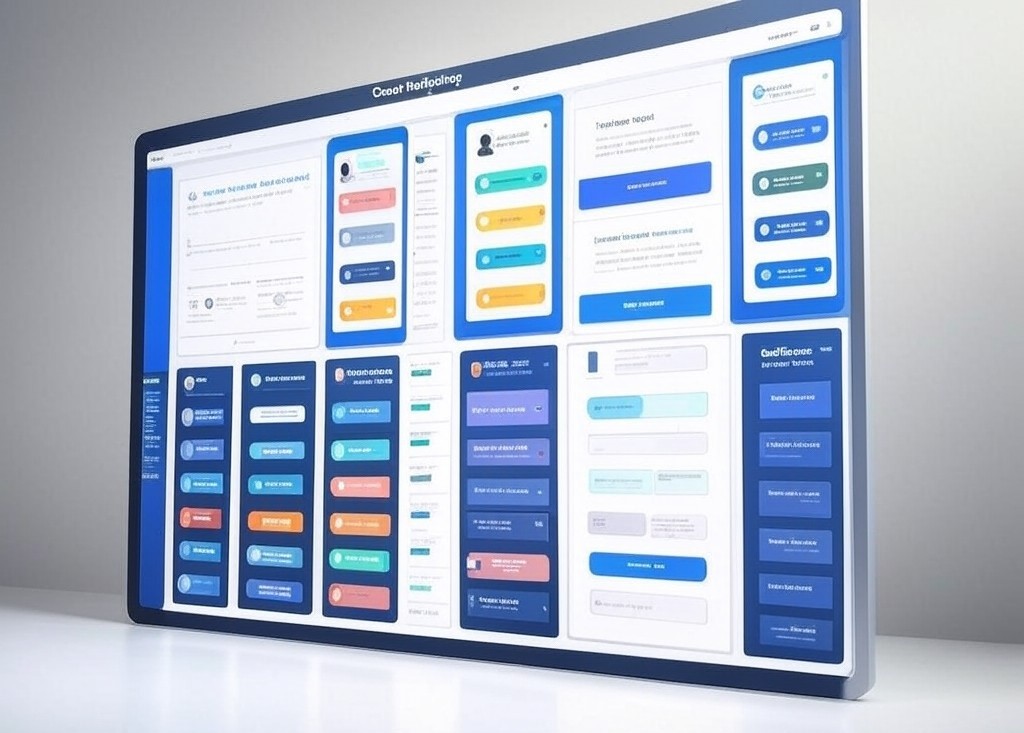
Objective: To leverage AI and data analytics to offer highly personalized travel experiences, ensuring that each journey is tailored to the unique preferences and needs of individual travelers.
Implementation:
- Data Collection and Analysis:
- Client Profiles: Travel agents would collect extensive data from clients regarding past travel experiences, preferences (food, accommodation, activities), special needs, and even social media activity to understand their interests better.
- AI Analysis: Use AI tools to analyze this data, predicting preferences and suggesting destinations, accommodations, and activities that align with the client’s past behaviors and future aspirations. This could involve sentiment analysis from social media posts or reviews they’ve left on travel sites.
- Custom Itinerary Planning:
- AI-Driven Recommendations: Develop itineraries using machine learning algorithms that match clients with destinations or experiences they might not have considered based on nuanced data points like weather preferences, cultural interests, or budget constraints.
- Real-Time Adjustments: AI systems could monitor ongoing trips for real-time adjustments. For example, if a festival unexpectedly occurs nearby or if weather forecasts change, the AI could suggest alternative activities or reschedule certain excursions.
- Enhanced Booking and Management:
- Smart Booking Engine: Implement an AI-enhanced booking system that not only finds the best deals but also considers user preferences for flight times, layovers, and connecting flights, ensuring the journey is as comfortable as possible.
- Automated Customer Service: Deploy AI chatbots for pre-travel queries, providing instant responses to FAQs or helping with last-minute changes, thus freeing up human agents for more complex issues or personal consultations.
- Post-Trip Feedback Loop:
- Experience Feedback: After the trip, gather feedback through an AI-powered survey that adapts questions based on the trip specifics. This feedback would feed back into the client’s profile to refine future recommendations.
- Continuous Learning: Use this feedback to train AI models further, improving the personalization of future travel plans. This creates a cycle of continuous improvement in service personalization.
- Integration with Wearable Technology:
- On-the-Go Assistance: For tech-savvy clients, integration with wearables could allow for real-time travel assistance, like navigation at the destination, health monitoring during adventure travel, or even language translation services.
Benefits:
- Increased Satisfaction: Clients receive trips that feel uniquely tailored to them, increasing their satisfaction and likelihood of repeat business.
- Efficiency: Automation and AI can handle routine tasks, allowing agents to focus on high-value interactions.
- Competitive Edge: Offering a highly personalized service can differentiate travel agencies in a crowded market.
Challenges:
- Data Privacy: Ensuring client data is handled with utmost security and privacy will be paramount.
- Technology Adoption: Both clients and agents must be comfortable with new technologies, requiring training and possibly overcoming resistance to change.
- Cost: Initial setup of AI and data systems might be costly, though the long-term benefits could outweigh these costs.
This use case would position travel agents not just as coordinators but as architects of uniquely personal travel experiences, leveraging technology to meet the individual needs of each traveler.
Contact us for a free evaluation.




No Comments